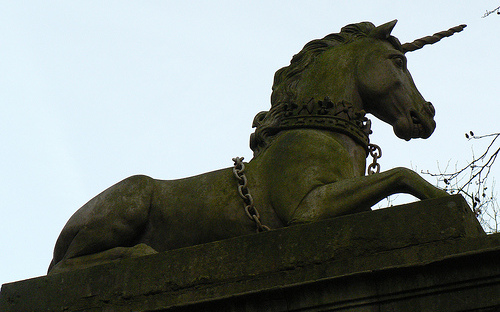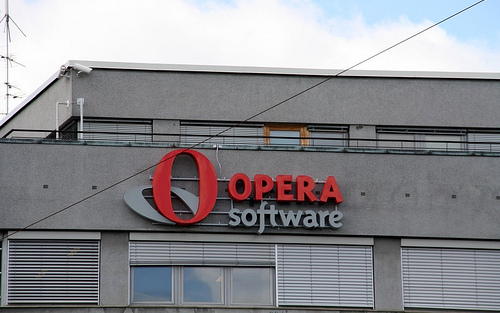I first heard the word ‘unicorn’ being used in relation to startups early this year. Last week, after writing about Udacity’s baptism into the Unicorn Club, I figured it was time to find out how the word got its tech context. That is, how ‘unicorn’ went from being used to describe mythical creatures to being used to describe startups that are valued at $1 billion or more.
In a blog post on Techcrunch on November 2, 2013, Aileen Lee coined the term. Aileen, who is the founder of Cowboy Ventures, wrote that there were 39 unicorns at the time. By her definition, those 39 were “U.S.-based software companies started since 2003 and valued at over $1 billion by public or private market investors.” This was just about 0.07% of all “venture-backed consumer and enterprise software startups.” That means they are rare.
In February 2015, the Wall Street Journal released ‘The Billion Dollar Startup Club’ page on their website. The page is a product of a joint-effort by the Wall Street Journal and Dow Jones VentureSource to track venture-backed private companies that are valued at $1 billion or more. The number has jumped from 43 in January 2014 to 125 as of October 2015.
Uber is the most valued at $51 billion, followed by Xiaomi which is valued at $46 billion. There are 35 companies on that WSJ list that are valued at exactly $1 billion. Stewart Butterfield, co-founder and CEO of $2.8 billion-valued Slack, attempted to explain some of the rationale behind $1 billion valuations. Speaking with Fortune.com, he stated that “It does make a difference psychologically. One billion is better than $800 million because it’s the psychological threshold for potential customers, employees, and the press.”
Photo Credit: ramson via Compfight cc





















